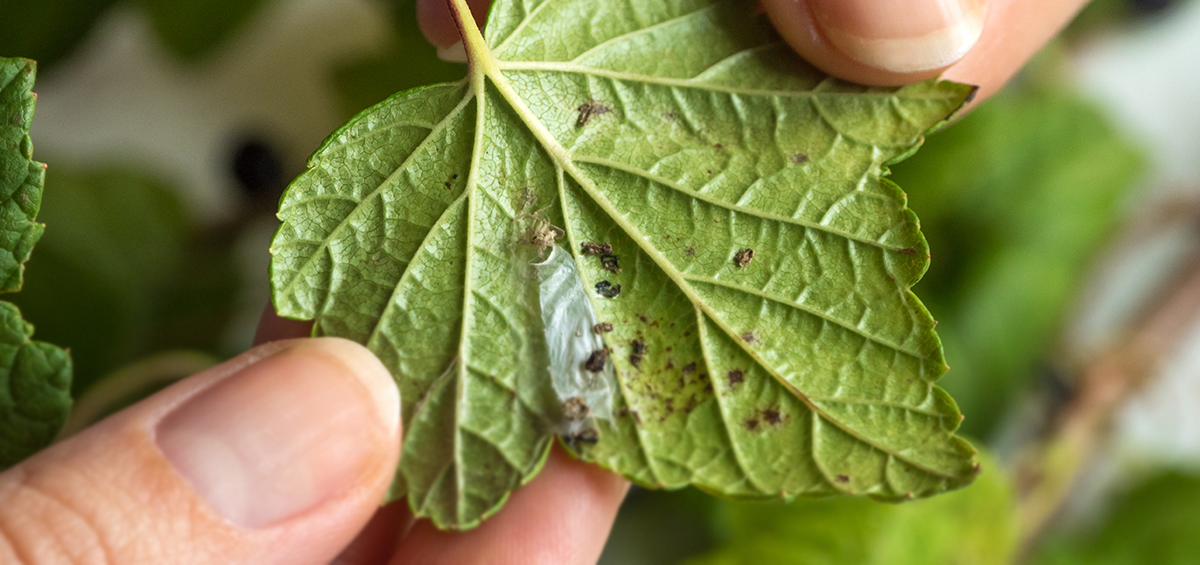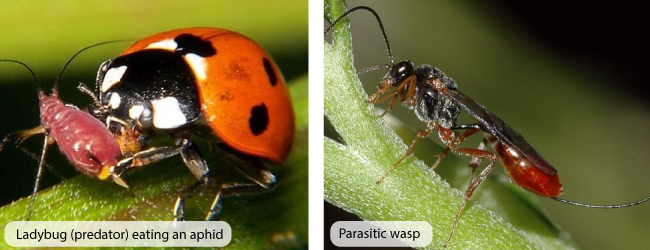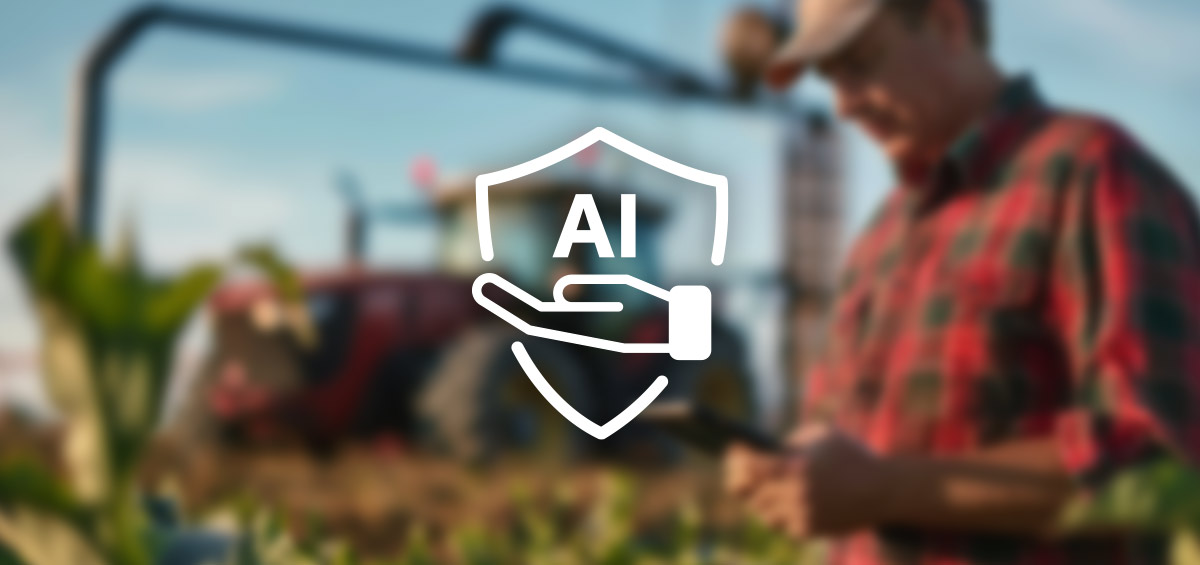Biological Control Agents
Natural enemies of plant insect pests and diseases are known as biological control agents. They include predators, parasitoids, and pathogens. A predator is an organism that eats another organism (animal, plant, fungi or dead organic matter) while parasitoids are most of their life attached to or within a host organism which they have a relationship. It is similar to parasitism but they ultimately sterilize, kill or sometimes consume their hosts. Major Characteristics of Insect Parasitoids:
- They are specialized in their choice of host
- They are smaller than their host
- Only the female searches for the host
- Different parasitoid species can attack different life stages of host
- Eggs or larvae are usually laid in, on, or near the host
- Immatures remain on or in the host; adults are free-living, mobile, and may be predaceous
- Immatures almost always kill the host.
Pathogens are microorganisms, and infectious agents such as viruses, bacteria, prion or fungi which fight against other plant diseases. They prevent pathogens from colonizing crops. Biological control agents of weeds are seed predators, herbivores, and plant pathogens. Pest management in organic farming often combines biological control agents, especially in cases of massive and severe infections of invasive pests.
Pest Management Strategies
There are three basic biological pest control strategies: importation (classical biological control), augmentation and conservation.
Importation – classical biological pest management in organic farming which introduces pest’s natural enemies to the locations where they do not occur naturally. This strategy requires biological control agents with the colonizing ability and temporal persistence in order to maintain its population and rapidly exploit a pest population.
Augmentation – involves the supplemental release of natural enemies, boosting the naturally occurring population. It can include a small or large release of the control agents, depending on the pest management needs. To keep pests at a low level, to prevent a severe attack, small release controlling agents are sufficient. However, for rapid reduction (correction) of the damaging pest population, a large number of control agents is needed. Augmentation can be effective, but is not guaranteed to work, and it relies on the understanding of the situation.
Conservation – this involves the conservation of existing natural enemies in the environment already adapted to the habitat and the target pest. Conservation pest management is usually simple and cost-effective. To favor natural enemies, cropping systems can be modified to provide a suitable habitat. Shelterbelt, hedgerow or beetle banks provide shelter where beneficial insects can live and reproduce. This enables farmers to ensure the survival of populations.
Biological Pest Management With the AGRIVI Farm Management System To be successful, farmers need the skills to produce what the market wants and what meets consumers’ needs. This system contains a knowledge base of best practice processes with information on when and how to perform some activities in the field, pest treatments and their products, as well natural enemies, enabling farmers to make informed decisions. AGRIVI also allows farmers to track spent amounts of organic materials for each field and crop, as well as their finances and farm productivity.
Let AGRIVI help you to meet the challenges of demanding organic farming.
Text sources: Extension || Live Strong || NECSI
Image sources: Green My Life||Berkeley University of California





